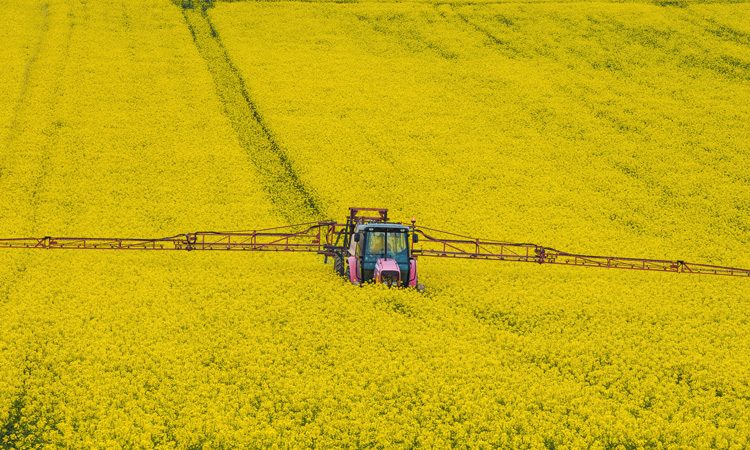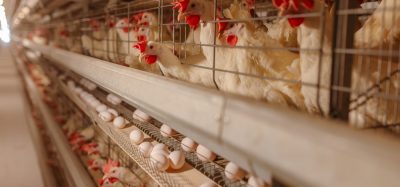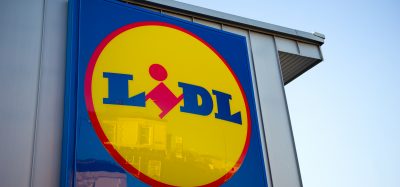NFU calls for government policy to manage oilseed rape production risks
- Like
- Digg
- Del
- Tumblr
- VKontakte
- Buffer
- Love This
- Odnoklassniki
- Meneame
- Blogger
- Amazon
- Yahoo Mail
- Gmail
- AOL
- Newsvine
- HackerNews
- Evernote
- MySpace
- Mail.ru
- Viadeo
- Line
- Comments
- Yummly
- SMS
- Viber
- Telegram
- Subscribe
- Skype
- Facebook Messenger
- Kakao
- LiveJournal
- Yammer
- Edgar
- Fintel
- Mix
- Instapaper
- Copy Link
Posted: 14 October 2019 | Sam Mehmet (New Food) | No comments yet
The NFU has called for the government to ensure that any new domestic agricultural policy looks to make growing oilseed rape viable for the future, after a recent survey revealed significant drops in oilseed rape yield.


A recent National Farmers’ Union of England and Wales (NFU) Harvest Survey has revealed high yields across the arable sector this year for cereal crops. However, threats from the cabbage stem flea beetle have seen oilseed rape yields drop to 3.4 tonnes per hectare, below the five-year average of 3.6 tonnes per hectare.
With no access to effective plant protection products leading to increased pest pressures for the crop, farmers are reducing the area of oilseed rape they are growing.
“Despite a challenging growing season, the UK arable sector has shown strong physical resilience and our sector crucially needs this to be converted into long-term business resilience,” said NFU Combinable Crops Board Chairman, Tom Bradshaw.
“However, the glaring result from this survey is the significant drops in oilseed rape yield, which can almost certainly be attributed to the loss of effective plant protection products to control pest pressure. I have heard from countless farmers that they are questioning whether it is worth growing the crop as a result. It just demonstrates how crucial it is to have an agricultural policy that gives farmers confidence to grow these crops, not the opposite.”
Oilseed rape is a vital crop for the arable sector, with a huge demand across a range of products including food, cosmetics, plastics, energy and animal feed. If farmers stop growing this crop, imports of oilseed rape and other oil crops will likely increase, and will either be produced with products that farmers do not have access to in this country, or be produced with a huge environmental impact.
“That is why we need to see future plant health strategy that allows farmers and growers to harness innovation and provide growers with solutions to run sustainable businesses, while ensuring the needs of the public and environment are met. We firmly believe that enhancing and protecting the environment goes hand-in-hand with food production, and it is crucial that farmers have access to all the tools in the toolbox to provide safe, traceable and affordable food for all,” Bradshaw added.
“While these issues are of paramount importance to the arable sector, the outcomes of Brexit are absolutely critical, and we continue to stress the need to avoid a no-deal Brexit. Leaving without a deal would be disastrous for the arable sector, with the announcement from government on its no-deal Brexit trade tariff schedule missing the opportunity to back British farming by removing tariff protection for our crops. We face a future where the UK imports crops and food products which will still have access to crop protection products which are illegal in this country.
“We need to see the government commit to a trade policy that does not serve to undermine our own growers and to a new domestic agricultural policy that helps farmers better manage the risk involved with growing crops; from pest pressure to increasingly volatile weather.”









